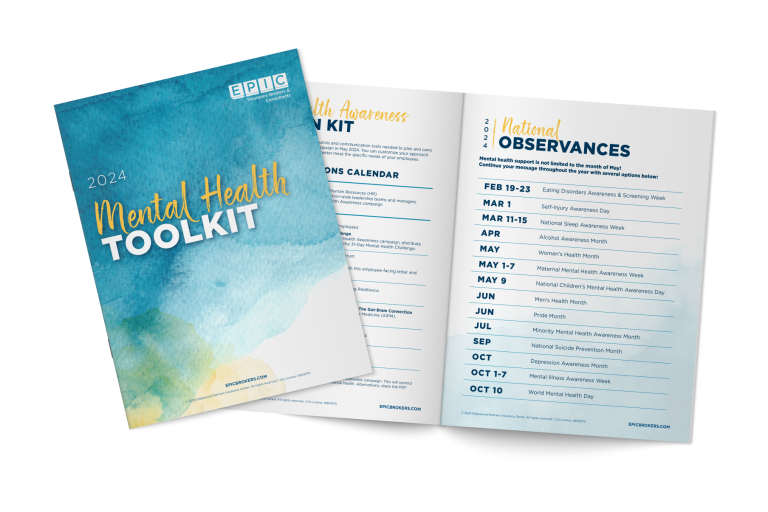Healthcare is about to get more expensive. Cell and gene therapy is today’s hot topic as drugs such as Zolgensma, at $2.4 million per dose, strike fear in the eyes of stop-loss insurers and plan sponsors. But the conditions for which those drugs are prescribed are, so far, pretty rare. And the insurance industry is able to spread the risk over the larger population.
Viewpoints from Craig Hasday
But now there is a new scourge about to hit the market – genomics’ “killer app,” the liquid biopsy.
This “killer app” of the genomics world, called MCED (Multi-Cancer Early Detection), is a powerful screening test, newly available in 2021, that is likely to be seen as a lifesaver.
Currently, the recommended cancer screens detect only four types of cancers in people without symptoms: breast, cervical, lung and colorectal cancers. The procedures can be unpleasant, costly and time consuming. MCED, also known as the “liquid biopsy,” screens for dozens of cancers and is much more sensitive to early-stage cancers – before they become deadly.
Liquid biopsies use advanced gene-sequencing technology to identify minuscule tumor cells or DNA strands that have broken off from these cells in the bloodstream. They identify the presence of cancer and its location, which can be further investigated and confirmed by traditional cancer diagnostics – years in advance of symptoms appearing.
The technology is still being tested, but the results thus far are very promising.
Estimates are that cancer deaths could be reduced by 25% if it is used in conjunction with traditional screening. The Food and Drug Administration (FDA) has not yet given full approval but has granted “breakthrough” status for some MCED tests to give consumers access while it is being evaluated.
Liquid biopsies are not a household name yet.
But there is a bill in Congress that would mandate that Medicare provide MCED to beneficiaries when the FDA gives its full approval. The U.K.’s National Health Service has begun an MCED pilot program to reach 165,000 patients. Providence Hospital announced it will offer this testing in the second quarter of 2021 to some of its 5 million patients. The first company to market with MCED, Grail, is also focusing on early adopters in the concierge healthcare market.
If liquid biopsies become genomics’ “killer app,” it will have significant consequences for employer health plans.
The cost of universal, annual testing is expensive – on a per-member basis likely more than the cost of cancer for a population. If the screen meets its promise, the cost of future cancers would be reduced but the increase in current costs may well be a bank breaker.
If approval is granted, employers will need to consider cost-containment measures such as rationing towards older or at-risk members.
At EPIC, we continue to monitor this and other healthcare innovations impacting our clients. You are probably seeing this here first and we will be proactive with strategies to help our clients.
EPIC offers these opinions for general information only. EPIC does not intend this material to be, nor may any person receiving this information construe or rely on this material as, tax or legal advice. The matters addressed in this article and any related discussions or correspondence should be reviewed and discussed with legal counsel prior to acting or relying on these materials.
COVID-19 RESOURCES
Related Content
Products
Employee Benefits Consulting
Our dedicated EPIC benefits team is focused on delivering better outcomes – to both your benefits program ...
Products
Pharmacy Solutions
Our pharmacy experts work with the health and welfare teams to deliver certainty and direction for your ...
Products
Actuarial
Our Actuarial Team provides guidance on employee benefits and health and welfare programs to help meet ...



